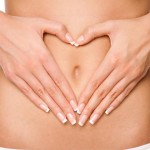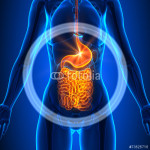Harvard – Cholesterol
Cholesterol isn’t entirely the health villain it’s made out to be, its name darkly linked to heart attack, stroke, and other types of cardiovascular disease. Our bodies need cholesterol, which is a type of lipid (another name for fat) to make cell membranes, key hormones like testosterone and estrogen, the bile acids needed to digest and absorb fats, and vitamin D. Cholesterol is so important to the body that the liver and intestines make it from scratch.
What is “bad” about cholesterol isn’t the substance itself — in fact, we can’t live without it — but how much of it is in the bloodstream.
The body packages cholesterol in two main particles: low-density lipoprotein (LDL), the so-called bad cholesterol, and high-density lipoprotein (HDL), the so-called good cholesterol. Too much LDL in the bloodstream helps create the harmful cholesterol-filled plaques that grow inside arteries. Such plaques are responsible for angina (chest pain with exertion or stress), heart attacks, and most types of stroke.
What causes a person’s LDL level to be high? Most of the time diet is the key culprit. Eating foods rich in saturated fats, trans fats, and easily digested carbohydrates boost LDL. Genes are sometimes at the root of high cholesterol, and some medications can boost LDL.
If you have high cholesterol, making changes in your diet can help bring it down into the healthy range. Exercise can help boost the level of protective HDL. Several types of medication, notably the family of drugs known as statins, can powerfully lower LDL. Depending on your cardiovascular health, your doctor may recommend taking a statin.








